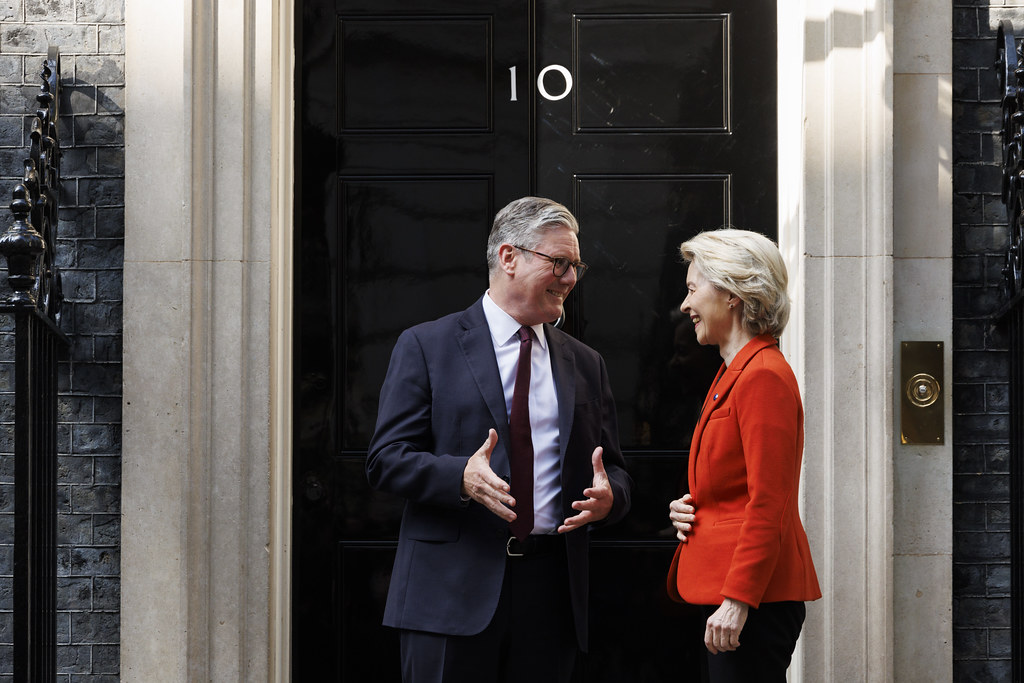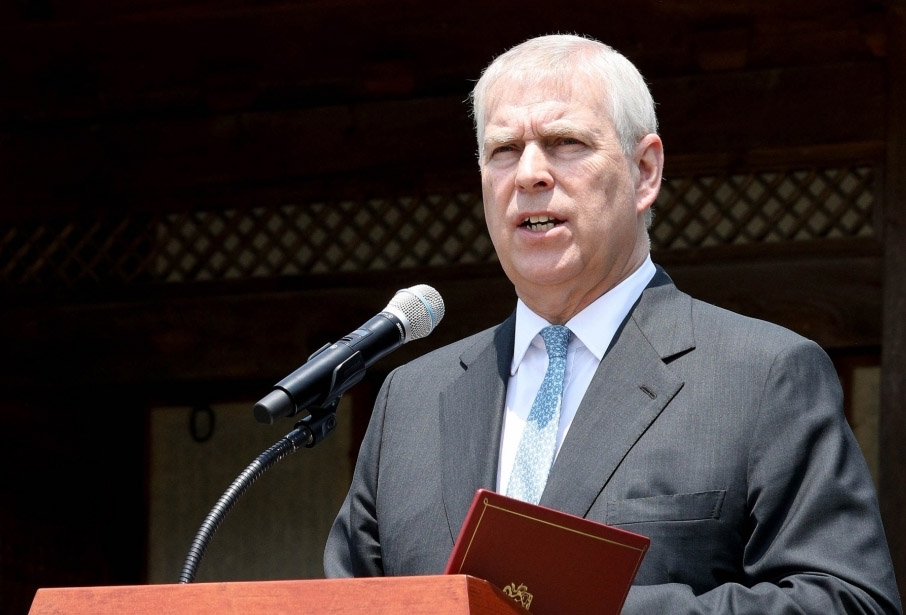Chancellor weighs new high-end council tax bands to plug Budget gap…reports Asian Lite News
Rachel Reeves is weighing up the introduction of new higher council tax bands for expensive homes in England in a bid to raise billions of pounds ahead of this month’s Budget, as pressure mounts to fill a deficit in the public finances worth tens of billions of pounds.
With her first Budget as chancellor set for 26 November, Reeves has told colleagues that higher taxes on the wealthy will be “part of the story”, though no final decisions have yet been taken. The move, which would mark one of the most significant reforms to property taxation in decades, is being explored as economists warn that a mix of Labour policy reversals, rising borrowing and stagnating growth leaves little alternative but to raise taxes or abandon the party’s self-imposed fiscal rules.
According to the Financial Times, one source said: “The idea of increased taxation on high-end homes is well established. The discussion is about how you do it.” The paper reported that several billion pounds could be raised by adjusting the system to include new bands for the country’s most valuable properties.
Council tax in England is currently based on property valuations from 1991, with eight bands from A to H. Properties worth more than £320,000 in 1991 fall into band H – a figure that now bears little resemblance to current market values, particularly in London and the South East, where homes regularly sell for several million pounds. Critics argue this has allowed owners of high-value properties to pay disproportionately little compared to those in lower-value homes.
The idea of reforming the system by adding higher bands is not new. In 2012, then Conservative chancellor George Osborne considered introducing additional bands, with revenue directed to the Treasury. Under the proposal, elderly and “cash poor” homeowners would have been allowed to defer the extra tax until death to address concerns about affordability. However, then prime minister David Cameron rejected the plan, amid fears it would trigger backlash among Conservative voters.
Reeves now faces similar political risks. Conservatives have accused Labour of planning a “mansion tax by stealth”, while some Labour MPs in constituencies with high-value properties are reportedly nervous. Yet the urgency of the fiscal challenge appears to be tilting the Treasury towards action.
Michael Sherwood, former Goldman Sachs executive, told the FT that council tax was “very unfair”, adding: “If you have more expensive homes, you should pay more for them.” His comments reflect growing sentiment among economists and policy experts that property taxes must modernise if they are to reflect current wealth disparities.
Ruth Curtice, head of the Resolution Foundation think tank, said: “On its own it wouldn’t sort out the mess that is property taxation, but we do already pay council taxes and you’d be asking the wealthy to pay a bit more.” She suggested it would be a modest but logical step rather than a wholesale overhaul of the system.
Lucian Cook, of estate agents Savills, said the introduction of extra bands “would potentially be less damaging than a pure mansion tax”, pointing to fears that a separate levy based solely on property value could distort the housing market or trigger avoidance.
Edward Troup, former executive chair of HM Revenue & Customs, said higher taxes on expensive houses could provide Reeves with a more politically palatable route to raising revenue if she is also forced to increase taxes on what the government defines as “working people”. He said: “The idea of an effective and painful mansion tax on the wealthy feels like part of a consistent political package.”
The debate also extends beyond Westminster. The Scottish government is consulting on introducing new council tax bands as part of its effort to make property taxation more progressive. That parallel process could bolster Reeves’ case by showing political appetite for reform across devolved nations.
Behind the scenes, Treasury officials are said to be modelling several options, including creating one or more additional bands above band H, recalibrating valuation thresholds based on current prices, or conducting a full revaluation of housing stock – though the latter is considered politically and administratively fraught.
Economists argue that revaluation is long overdue, with the current system favouring owners of prime real estate whose properties have multiplied in value since the early 1990s. However, revaluation has been avoided by successive governments due to fears of electoral backlash from homeowners facing higher bills.
Reeves has repeatedly insisted that Labour will adhere to strict fiscal rules, including a commitment to ensure debt is falling as a proportion of GDP within five years. But analysts warn that without revenue-raising measures, those rules would likely be breached.
The political stakes are high. Labour has pledged to improve public services and invest in infrastructure while restoring economic credibility after years of low growth. Introducing higher council tax bands would allow Reeves to argue she is asking those with “broadest shoulders” to contribute more, while avoiding more controversial measures such as increasing income tax or VAT.
However, opponents are likely to accuse her of targeting homeowners and fuelling resentment in middle- and upper-income areas. The chancellor will need to balance fiscal necessity with political caution as she finalises the measures to be announced later this month.
For now, Treasury officials maintain that “no decisions have been taken”. But with tens of billions to find and limited room to manoeuvre, the creation of new council tax bands appears increasingly likely to be part of Reeves’ Budget toolkit.












